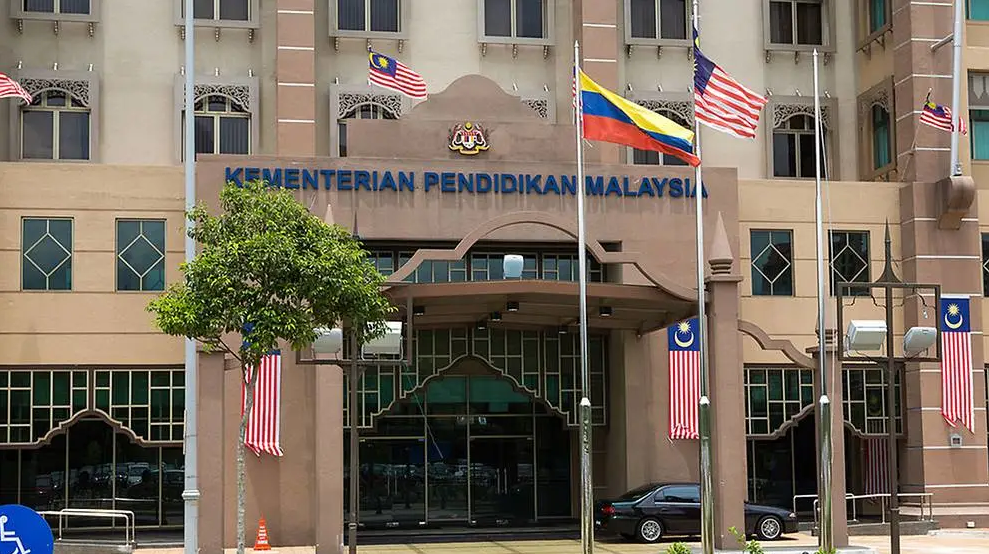Mental health is as important as physical health for both children and adults. So, if they emphasise on physical education in schools, why not mental health too?
From time to time, we hear about teenagers committing suicide after facing tremendous stress dealing with schoolwork and the multiple facets of being a student.
Teachers are also succumbing to the pressures of heavy workload and managing students at the same time.
According to a 2017 conducted by the Education Ministry, 2,123 out of 48,258 school teachers admitted to have experienced a moderate stress level.
There have also been reports about students and teachers attempting suicide, which were linked to depression.

Hence the Education Ministry decided to hire more counsellors to help teachers and students deal with the stress they face from work and study.
In a report by the New Straits Times, there are 9,522 counsellors in schools across the nation at the moment, with another 326 counsellors stationed at state education departments, district education offices and teacher education institutes.
The ministry is looking to provide this service whenever it is required to help improve the mental health of students, teachers as well as staff under the ministry.
"We view mental development among students seriously, with various initiatives including art therapy and games have been introduced in schools," Deputy Education Minister Teo Nie Ching said.
"The same goes with mental health among teachers. The counsellors' role is not only to help students but also teachers who experience (job-related) stress."

In today's learning environment, things are beginning to look more challenging and stressful. So it is crucial for teachers who aer facing work-related stress to approach the assigned counsellors.
If the counsellors ever find a need to refer them for medical treatment, they would inform the teacher or student when necessary.
Besides increasing the number of counsellors, the ministry is also planning to implement more changes that could bring long-term sustainable effects.
The first step was by removing the compulsory examinations for children aged seven, eight and nine. This ensures that the general development of the students is prioritised, rather than just academic achievements.
The ministry also sees the importance of building a stronger foundation in schools based on values like love, mutal respect and happiness.
Don't ever treat mental health as taboo. It should be an open conversation among people of all ages.
From time to time, we hear about teenagers committing suicide after facing tremendous stress dealing with schoolwork and the multiple facets of being a student.
Teachers are also succumbing to the pressures of heavy workload and managing students at the same time.
According to a 2017 conducted by the Education Ministry, 2,123 out of 48,258 school teachers admitted to have experienced a moderate stress level.
There have also been reports about students and teachers attempting suicide, which were linked to depression.

Hence the Education Ministry decided to hire more counsellors to help teachers and students deal with the stress they face from work and study.
In a report by the New Straits Times, there are 9,522 counsellors in schools across the nation at the moment, with another 326 counsellors stationed at state education departments, district education offices and teacher education institutes.
The ministry is looking to provide this service whenever it is required to help improve the mental health of students, teachers as well as staff under the ministry.
"We view mental development among students seriously, with various initiatives including art therapy and games have been introduced in schools," Deputy Education Minister Teo Nie Ching said.
"The same goes with mental health among teachers. The counsellors' role is not only to help students but also teachers who experience (job-related) stress."

In today's learning environment, things are beginning to look more challenging and stressful. So it is crucial for teachers who aer facing work-related stress to approach the assigned counsellors.
If the counsellors ever find a need to refer them for medical treatment, they would inform the teacher or student when necessary.
Besides increasing the number of counsellors, the ministry is also planning to implement more changes that could bring long-term sustainable effects.
The first step was by removing the compulsory examinations for children aged seven, eight and nine. This ensures that the general development of the students is prioritised, rather than just academic achievements.
The ministry also sees the importance of building a stronger foundation in schools based on values like love, mutal respect and happiness.
Don't ever treat mental health as taboo. It should be an open conversation among people of all ages.





